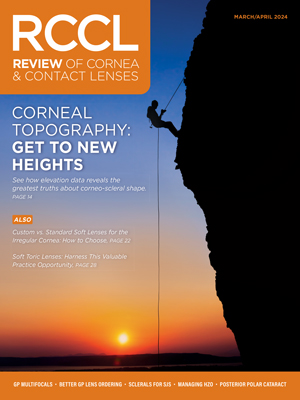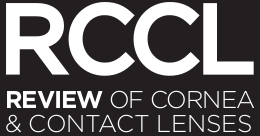As often as the tide comes and goes, headlines announce the most recent medical findings with perhaps a bit too much zeal.
Waves of clinical trials over the past few decades have certainly altered the way we practice. Unfortunately, some study conclusions are based on poorly designed methods or a flawed data analysis.
For example, controversy runs rampant in reviewing the literature on omega-3 fatty acid (FA) intake. One week it’s the best thing we can recommend to patients; the next week we worry about the potential risks when prescribing these supplements.
Research has shown many potential benefits to supplementation with fish oil: improving memory, increasing weight loss for women, improving ADHD symptoms, treating acne and protecting infants from allergies.1-5 Additionally, many studies have suggested serum lipid level improvement by supplementation. However, reviewing the literature reveals some controversies in health care specialty research.
SELECTing the Right Supplements
It is a common practice to prescribe omega-3 FA supplements for dry eye. Supplementation with the proper balance of omega-3 and omega-6 essential FAs improves TBUT and often relieves symptoms.6 But recent research has suggested that omega-3 FAs have deleterious effects on prostate antigen levels and may increase the risk for prostate cancer.
The Selenium and Vitamin Cancer prevention Study (SELECT) examined the effects of selenium and vitamin E on prostate cancer.7,8 The SELECT data analysis determined that a plasma concentration of long-chain omega-3 FA was associated with a 43% increased risk of prostate cancer among men who had the highest levels of omega-3 FAs in their plasma. They also noted a decreased risk of “low-grade” prostate cancer in men with a higher level of linoleic acid (omega-6).7
Proponents of prescribing omega-3 supplements point out some limitations of the SELECT study: (1) it wasn’t designed to study the relationship between omega-3 FA intake and prostate cancer; (2) there was no standardized method documenting how men achieved their level of omega-3 FAs; (3) selenium and vitamin E may be confounders; (4) the statistical model used may not be appropriate for the conclusions drawn.9
Advocates note that other studies have determined the contrary for prostate and other cancers. Several studies demonstrated a benefit for increased omega-3 FA intake in regard to prostate cancer risk (Lietzman et al. 2004, Terry et al. 2001). Sixteen independent cohort studies found a dose-related response with a 5% lower risk of breast cancer with incremental increases of daily marine n-3 PUFA.9,10
Hard to Swallow
So, should we suggest patients take these supplements or not? Are the fish oil supplements available different or incomplete without other components found in cold water fish? We will have to weigh the evidence that’s currently available to us before making any recommendations to our patients.
Prudence is key; always consult the patient’s primary care provider and specialty practitioner before initiating such treatment. It’s essential to have a frank discussion with your patient; omega-3 FA supplements in moderation may have a beneficial effect on a dry eye, and not impart any significant risk to your patient.
In the meantime, stay tuned to the latest headlines and research before recommending anything to patients. Based on what we currently know, I’d say the jury is still out on omega-3s!
1. Stonehouse W, et al. DHA supplementation improved both memory and reaction time in healthy young adults. AJCN. March 2013.
2. Irene A, et al. Prior supplementation with long chain omega-3 polyunsaturated fatty acids promotes weight loss in obese adults. Food & Function. Feb 2013.
3. Milte C, et al. Eicosapentaenoic and docosahexaenoic acids, cognition, and behavior in children with attention-deficit/hyperactivity disorder. Nutrition. 2012; 28:670–677.
4. Burns-Whitmore, et al. Effects of fish oil supplementation on inflammatory acne. Lipids in Health and Disease. 2012; 11:165
5. D’Vaz N, et al. Fish oil supplementation in early infancy. Clinical and Experimental Allergy. 2012; 42:1206–16.
6. Jackson MA, et al. Efficacy of a new prescription-only medical food supplement in alleviating signs and symptoms of dry eye. Clin Ophthalmol. 2011; 5:1201-6.
7. Klein EA, et al. Vitamin E and the risk of prostate cancer results of SELECT. JAMA. 2011;306(14):1549-56.
8. Brasky TM, et al. Plasma phospholipid fatty acids and prostate cancer risk in the SELECT trial. J Natl Cancer Inst. 2013; 7.
9. http://www.omega3galil.com/wp-content/uploads/2013/10/Omega-3s-and-Prostate-Cancer-Risk.
10. http://www.medscape.com/viewarticle/808402?src=wnl_editspecol&uac=142918FK.


